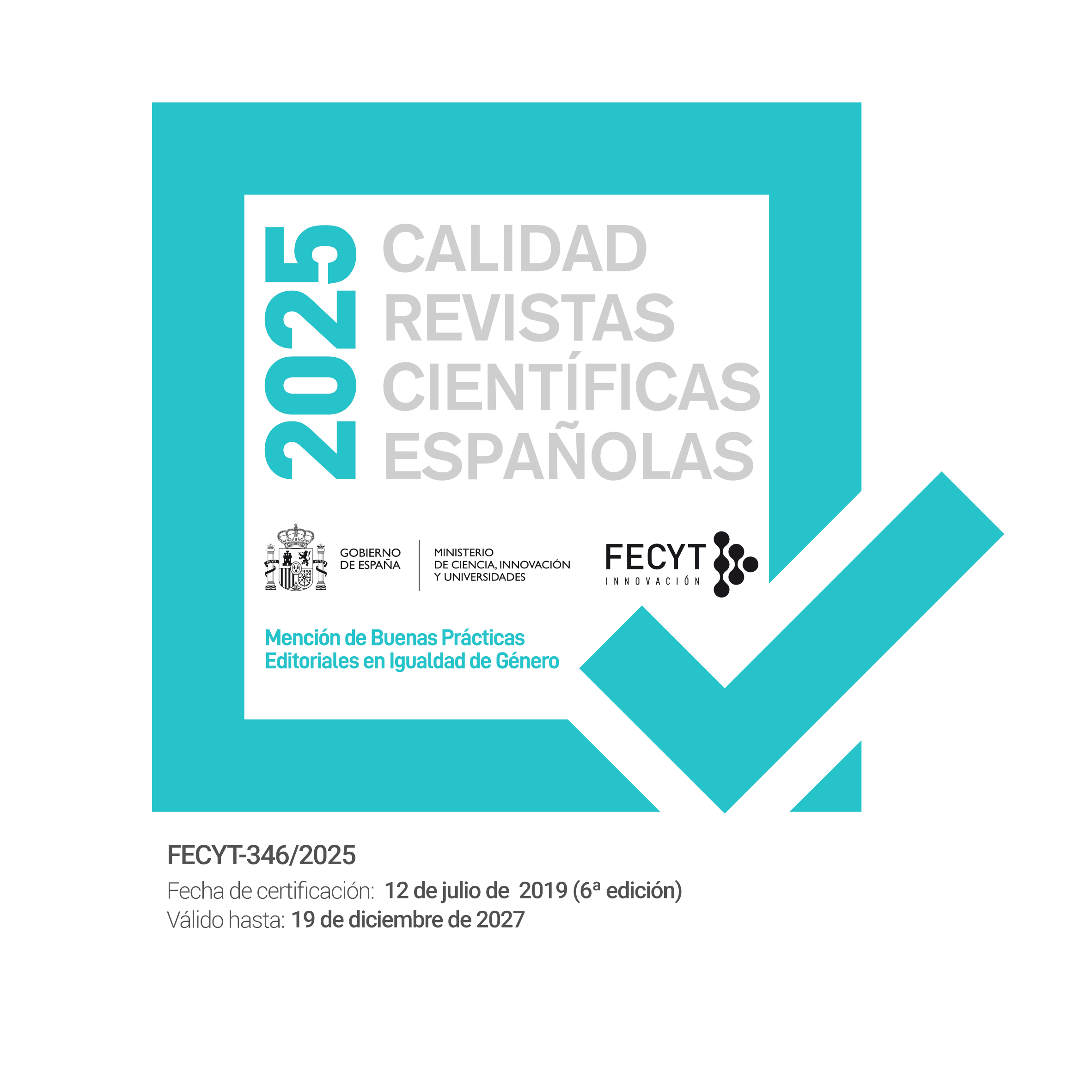Investigar la extrema derecha del siglo XXI: características, significados, actores y enemigos
Palabras clave:
Extrema derecha, derecha radical, ultraderecha, fascismo, populismoResumen
Este texto introductorio pretende comentar alguno de los elementos centrales de este número especial sobre las extremas derechas del s. XXI. Para ello se ha utilizado una estructura que divide el texto en dos grandes apartados, en el primero tratamos los debates propuestos sobre la categorización y conceptualización de la(s) extrema(s) derecha(s) contemporánea(s) y, en el segundo, nos centramos en la investigación de los actores y los oponentes de estos (nuevos) colectivos y partidos políticos.
Se ha intentado plantar aquí una suerte de diálogo a partir de las aportaciones de los distintos investigadores/as y perspectivas de investigación, que desde distintas disciplinas, como la historia, la sociología, la politología, la psicología, la antropología y la economía, a través de distintos casos de estudio, debaten sobre la conceptualización y categorización de las extremas derechas y la distinción entre fenómenos políticos como el populismo o el fascismo; la producción ideológica de distintos actores y colectivos de extrema derecha a través de sus discursos y sus prácticas; las metodologías de investigación para su estudio; los sujetos y anti-sujetos, actores y contra-actores que conforman estos movimientos y partidos, así como sus (otros) enemigos; y la transformación de los sistemas políticos y de la democracia liberal que alberga estas y otras nuevas formas políticas.
Descargas
Citas
Álvarez-Benavides, Antonio y Emanuele Toscano (2021). Nuevas articulaciones de la extrema derecha global: actores, discursos, prácticas, identidades y los retos de la democracia. Política y Sociedad, 58(2), e74471. https://doi.org/10.5209/poso.74471
Álvarez-Benavides, Antonio y Francisco Jiménez Aguilar (2021). La contraprogramación cultural de Vox: secularización, género y antifeminismo. Política y Sociedad, 58(2), e74486. https://doi.org/10.5209/poso.74486
Álvarez-Benavides, Antonio y Francisco Jiménez Aguilar (2020). El nuevo identitarismo español. Movimientos sociales y partidos políticos post-2011 de extrema derecha. En A. Álvarez-Benavides, F. Fernández-Trujillo, A. Sribman y A. Castillo (eds.), Acción Colectiva, Movilización y Resistencias en el siglo XXI. Volumen 1: Teoría (pp. 169-182). Fundación Betiko.
Álvarez-Benavides, Antonio (2018). Fascism 2.0: the Spanish Case. Digitcult. Sientific Journal on Digital Cultures, 3(3): 61-74.
Beck, Ulrich; Anthony Giddens y Scott Lash (1994). Reflexive modernisation. Politics, Tradition and Aesthetics in the Modern Social Order. Cambridge Polity Press.
Capitaine, Brieg y Denise Helly (2021). El odio al otro a través de la visión del mundo de un movimiento conservador canadiense. El Christian Heritage Party en Internet. Política y Sociedad, 58(2), e74509. https://doi.org/10.5209/poso.74509
Ignazi, Piero (1992). The silent counter-revolution. Hypotheses on the emergence of extreme right-wing parties. Journal of Political Research, 22, 3-34. https://doi.org/10.1111/j.1475-6765.1992.tb00303.x
Mudde, Cas (2007). Populist Radical Right Parties in Europe. Cambridge University Press. https://doi.org/10.1017/CBO9780511492037
Mudde, Cas (2021). La ultraderecha hoy. Paidos.
Toscano, Emanuele (2019). Researching Far-Right Movements: Ethics, Methodologies, and Qualitative Inquiries. Routledge. https://doi.org/10.4324/9780429491825
Toscano, Emanuele (2021). Investigar close-up los movimientos de extrema derecha. Una reflexión sobre las implicaciones éticas y metodológicas. Política y Sociedad, 58(2), e74584. https://doi.org/10.5209/poso.74584
Touraine, Alaine (1973). La production de la société. Seuil.
Touraine, Alain y Khosrokhavar Farhad (2003). La recherche de soi. Dialogue sur le sujet. Fayard.
Touraine, Alain (2005). Un nouveau paradigme. Pour comprendre le monde d'aujourd'hui. Fayard.
Descargas
Publicado
Cómo citar
Número
Sección
Licencia
Derechos de autor 2021 Encrucijadas. Revista Crítica de Ciencias Sociales

Esta obra está bajo una licencia internacional Creative Commons Atribución-NoComercial-SinDerivadas 4.0.
Los autores/as conservan los derechos de autor y ceden a la revista el derecho de la primera publicación, con el trabajo registrado con la licencia de atribución de Creative Commons Reconocimiento-NoComercial (CC-BY 4.0), que permite a terceros utilizar lo publicado siempre que mencionen la autoría del trabajo y a la primera publicación en esta revista. Encrucijadas permite y se anima a todas las personas autoras a depositar la versión final publicada en repositorios institucionales o temáticos de acceso abierto, cumpliendo en caso necesario los términos establecidos por la entidad financiadora de la investigación.





